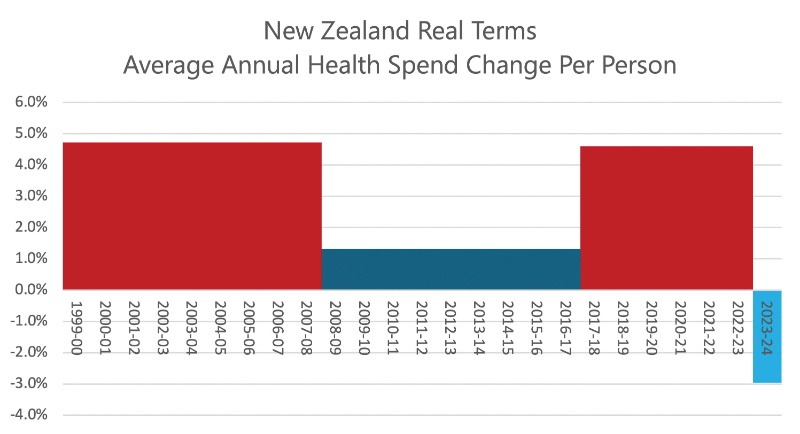Operation to focus on Marlborough sounds aquaculture
Joint MNZ-Police operation to focus on Marlborough sounds aquaculture
Maritime NZ (MNZ) is getting back out on the water with the NZ Police in a joint operation focusing on mussel farmers and the aquaculture sector in the Marlborough Sounds.
The operation in Pelorus and Kenepuru sounds on 14–15 October follows visits to recreational boaties in the area over Easter and is again made possible with the assistance of the NZ Police and the Wellington-based Lady Elizabeth IV.
Nelson-based MNZ Assistant Regional Compliance Manager (South) Domonic Venz said the emphasis will be on education and information for aquaculture operators in the area.
“We’ll be looking at safety systems and operating practices and providing advice and guidance on what is required – but we are not going out with the aim of surprising operators and catching them out,” he said.
“Where there are obvious issues of non-compliance with the rules we will take action but we also want to make sure operators know about the new Maritime Operator Safety System (MOSS), which came into force on 1 July, and the new qualifications framework SeaCert.”
MOSS and SeaCert represent the biggest changes in the commercial maritime sector for 15 years. MOSS has replaced the Safe Ship Management (SSM) system, which focused on individual vessels, and puts the emphasis on operators ensuring safety risks are identified and managed for their entire operation.
Operators need to enter the MOSS system over the next four years, before the expiry of their current SSM certificates.
SeaCert is the new seafarer certification framework for MNZ’s national and international certificates of competency. All existing seafarer certificates need to transition to new certificates during the next five years, with transition to international certificates required by the end of 2016.
The aquaculture operation follows MNZ’s joint operation with the NZ Defence Force to inspect fishing vessels off the South Island’s west coast to ensure they were meeting environmental and safety standards.
“You get a better idea of an operation out the water, rather than when vessels are tied up on the wharf,” Mr Venz said. “We’ll also take the opportunity to remind any recreational boaties we come across of the need for safety equipment – lifejackets, communications – and safe practices, including having a skipper in charge and avoiding alcohol.
“We had a positive response to our campaign over Easter and, with Labour Weekend approaching, we want to make sure that everyone is safe on the water.”
Recreational boating safety will also be the focus of Safer Boating Week, running from 17-24 October.
ENDS


 Gordon Campbell: On The Americanising Of NZ’s Public Health System
Gordon Campbell: On The Americanising Of NZ’s Public Health System NZ Labour Party: Govt Health And Safety Changes Put Workers At Risk
NZ Labour Party: Govt Health And Safety Changes Put Workers At Risk Amnesty International Aotearoa New Zealand: Democracy At Risk
Amnesty International Aotearoa New Zealand: Democracy At Risk Walk Without Fear Trust: New Sentencing Reforms Aimed At Restoring Public Safety Welcomed
Walk Without Fear Trust: New Sentencing Reforms Aimed At Restoring Public Safety Welcomed Rio Tinto & NZAS: Archaeological Project Underway From Historic Excavations At Tiwai Point
Rio Tinto & NZAS: Archaeological Project Underway From Historic Excavations At Tiwai Point New Zealand Deerstalkers Association: NZDA Urges Hunters To Prioritise Safety This Roar Season
New Zealand Deerstalkers Association: NZDA Urges Hunters To Prioritise Safety This Roar Season PSA: 1000 Days Since Landmark Pay Equity Deal Expired - Workers Losing $145 A Week
PSA: 1000 Days Since Landmark Pay Equity Deal Expired - Workers Losing $145 A Week


